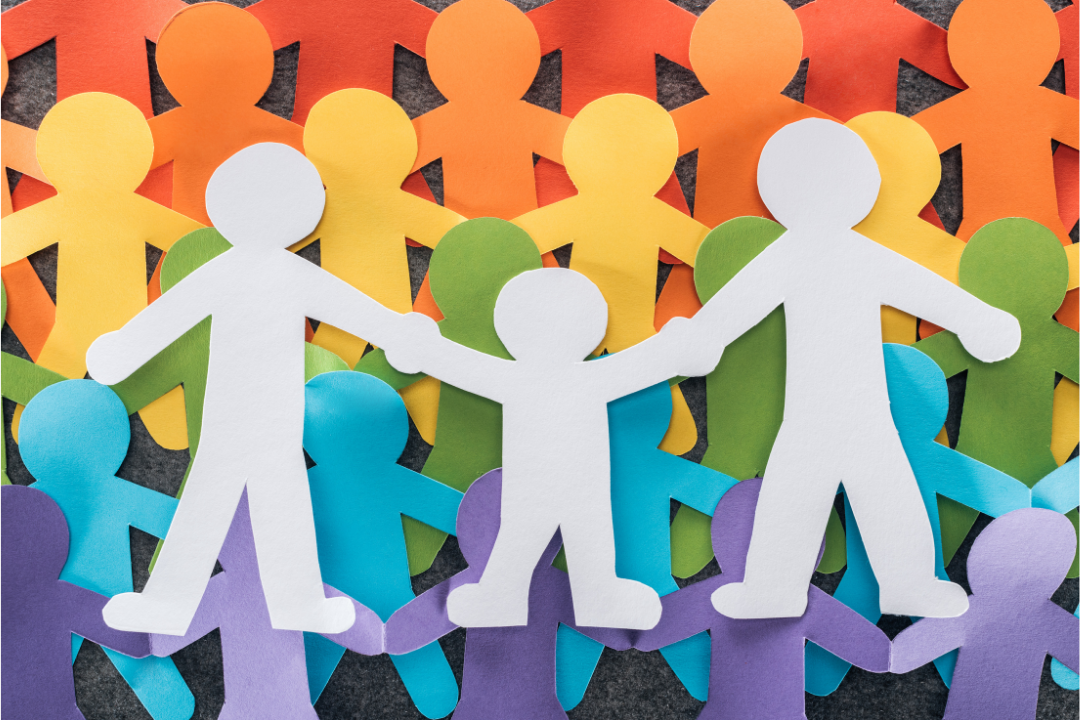Article by Ryland Kean Morente
Edited by Regiena Siy and Nikka Gan
“Coming out” is a lifelong journey of understanding, acknowledging and sharing one’s gender identity and/or sexual orientation with others. It may be quick and easy for some, or longer and more difficult for others. Many children may try to suppress these feelings to meet societal expectations, to fit in, or even to avoid upsetting their parents or families. In some cases, teens might be overwhelmed by all these feelings, which increase the risk for depression, anxiety, and other mental health issues.
The vast majority of Filipino-Chinese sexual minority youth are born to heterosexual parents. Those parents may not commonly possess implicit or explicit positive attitudes toward homosexuality and may expect their children to be heterosexual. They may not only be surprised that their child may be or is part of a sexual minority, but they may also respond negatively to the child. Similarly, the vast majority of transgender and/or gender nonconforming youth are born to cisgender and/or gender conforming parents, who often possess negative attitudes toward those who violate societal expectations for gender identity, expression, and roles, and expect their children to be cisgender and gender conforming as well. Negative responses from these parents to LGBT+ youth may range from anxious concerns about the child’s well-being and the risk of abuse and even banishment.

However, this is not always the case! Usually, teens, not just Filipino-Chinese ones, may feel secure enough with who they are and share that information with loved ones. It takes courage and strength for a young person to share who they are inside, especially for those who are unsure of how their families will respond. They may be afraid of disappointing or angering their families, or in some instances, may fear being physically harmed. On one end, the parents may reject their child and even throw them out of the house, but on the other end, they may celebrate their child’s identity. Some parents accept their child right away by expressing their love and support but still need time to adjust. While it may take them days, weeks or many months to come to terms with their child’s sexuality or gender identity, in the end, most of these parents show love and support for their child, even if they don’t fully understand everything.
Even if the parents don’t have the best initial reaction, they can still learn to support their LGBT+ child. It helps to remember that both the parents and their child are usually acting from a place of love, even if it doesn’t come across that way. They must remember to give their child credit for doing something really difficult if they come out to them. Their child will come out many times in their life to different people. Sometimes, they will be accepted, but they may also face rejection. Despite all of the possible negativity that a child may face in their future, starting their path with their parents’ love and acceptance can help them develop a sense of self-worth and confidence to face future challenges—and to lead a healthier and more fulfilling life.

This article is brought to you by the Communications and Publications department of Ateneo Celadon and Elements Magazine on Facebook: https://www.facebook.com/CeladonElementsMagazine




